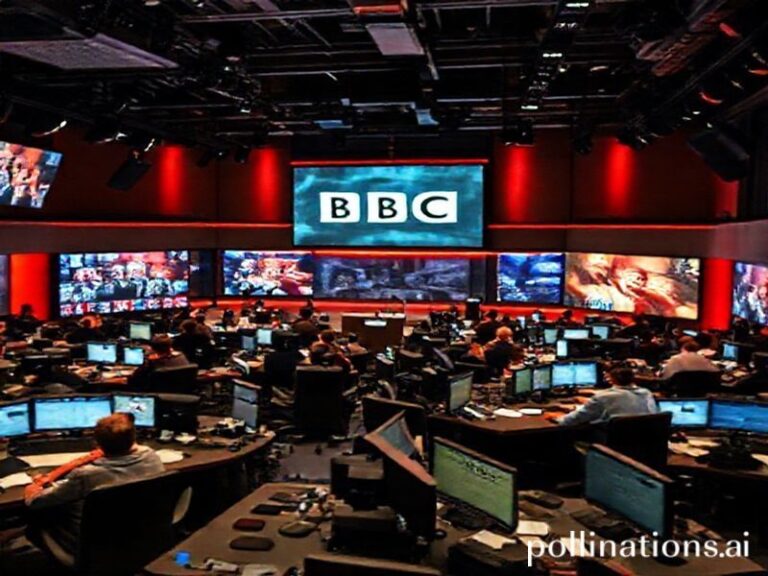One Ticket in Valencia Wins €144M: How a Ping-Pong Ball Just Rebalanced the European Economy
The Tuesday-night EuroMillions draw—an innocuous enough affair, really: seven numbered ping-pong balls ricocheting in a French glass cylinder—managed, as always, to pull off the geopolitical miracle of uniting roughly 230 million Europeans in the same doomed fantasy. From Lisbon to Ljubljana, ticket holders synchronized their heartbeats to the same statistical delusion: 1 in 139,838,160, odds slightly worse than being flattened by an errant SpaceX booster, yet somehow more socially acceptable to bet on.
This week’s winning constellation—3, 12, 18, 23, 38 and Lucky Stars 2 and 7—landed in the pockets of a single ticket purchased in, of all places, a Valencian suburb. Spain thus inherits €144 million, a sum that will immediately be deployed to purchase three additional balconies and a slightly louder motorbike, if regional custom is any guide. Meanwhile, in the remainder of the continent, 139,838,159 other tickets quietly metamorphose into confetti, scratch-pad doodles, or—if the owner is particularly German—recyclable waste sorted with Teutonic precision.
Across the Atlantic, Americans watch the carnage with the smug detachment of people who prefer their own brand of fiscal self-immolation: Powerball, Mega Millions, and the stock market. Still, the spectacle resonates. Wall Street interns compare the EuroMillions jackpot to the average Goldman bonus pool and discover, to their horror, that the lottery is the more honest transaction. In Beijing, state media runs a one-paragraph brief reminding citizens that gambling is illegal at home, right above a full-color spread on Macau’s latest baccarat revenues. Irony, it seems, now travels faster than cargo ships through the Red Sea.
Zoom out further and the draw becomes a tidy parable of late-capitalist globalization. The €2.50 ticket price is a bargain compared with the psychic toll of checking crypto wallets at 3 a.m., and the game’s cross-border pooling neatly mirrors the EU’s own fiscal transfers—only without the tedious committee hearings. Every Tuesday and Friday, Europeans voluntarily ship their disposable income to whichever member state fate favors, a micro-bailout program disguised as entertainment. The European Commission could never sell such solidarity outright, but wrap it in a glittering Euro-jingle and citizens queue like Black Friday shoppers for the privilege.
The human-interest angle is, predictably, tragicomic. In Warsaw, a pensioner swears this was his last flutter—until Friday’s rollover inflames him again. In Dublin, a tech bro who lectures colleagues on index funds secretly buys 50 “lucky dips,” then screenshots the rejection email as proof he’s “in on the joke.” And somewhere on a Greek island, a bartender named Stavros calculates that €144 million could buy 1,920,000 bottles of retsina, or exactly one more summer before the creditors return. He pockets his losing ticket anyway; it’s already printed on better paper than the local newspaper.
Economists, those professional joy assassins, note that the lottery functions as a regressive tax on hope. Sociologists counter that hope is the only commodity left whose supply hasn’t been monopolized by Amazon. Both miss the point: the draw is Europe’s last truly shared ritual, more ecumenical than Christmas, less violent than football. For five whole minutes, Frankfurt bankers and Sicilian grandmothers occupy the same probabilistic multiverse, their fates yoked to the same cosmic RNG. Then the music stops, the lights dim, and the continent trudges back to its disparate grievances—until Friday, when the glass cylinder spins again and the entire circus reassembles like a traveling carnival that never quite leaves town.
So mark your calendars, sinners and saints. The next EuroMillions draw promises €17 million and change, a figure that sounds almost insulting after this week’s bacchanalia. Yet the queues will form, the apps will ping, and somewhere a Valencian is already Googling “discreet wealth management.” The rest of us will settle for the cheaper thrill of imagining what we’d do with the money—usually something virtuous, like endowing a journalism scholarship, right up until the second bottle of Rioja. Because if life won’t give you a jackpot, at least give yourself the delusion. It’s only €2.50, and the recycling bin is just outside.







